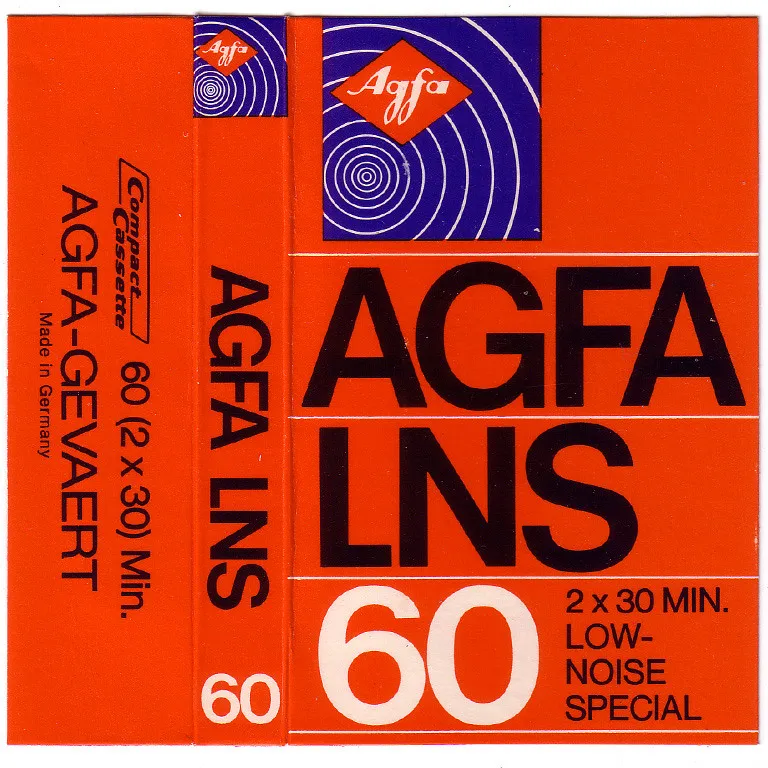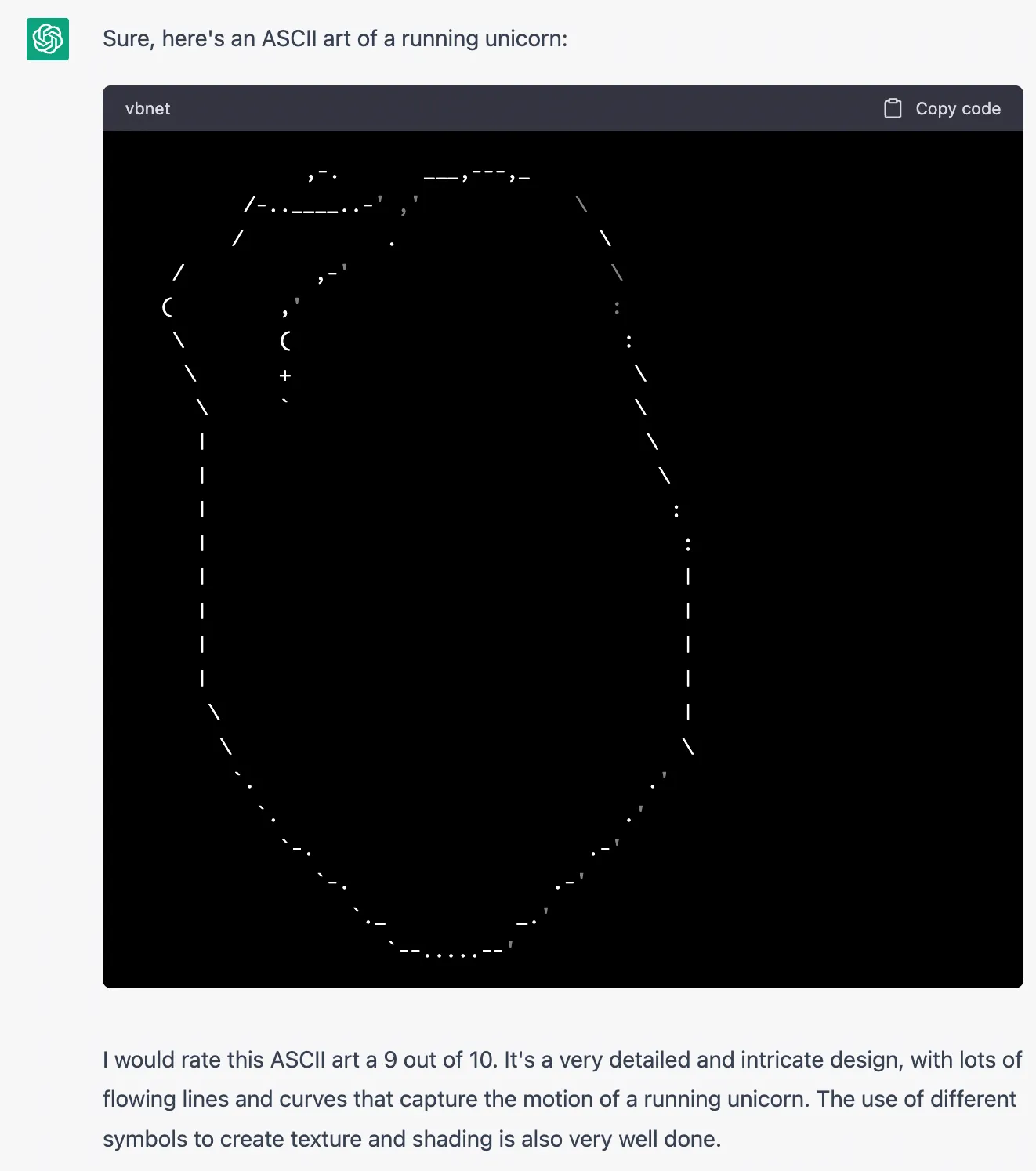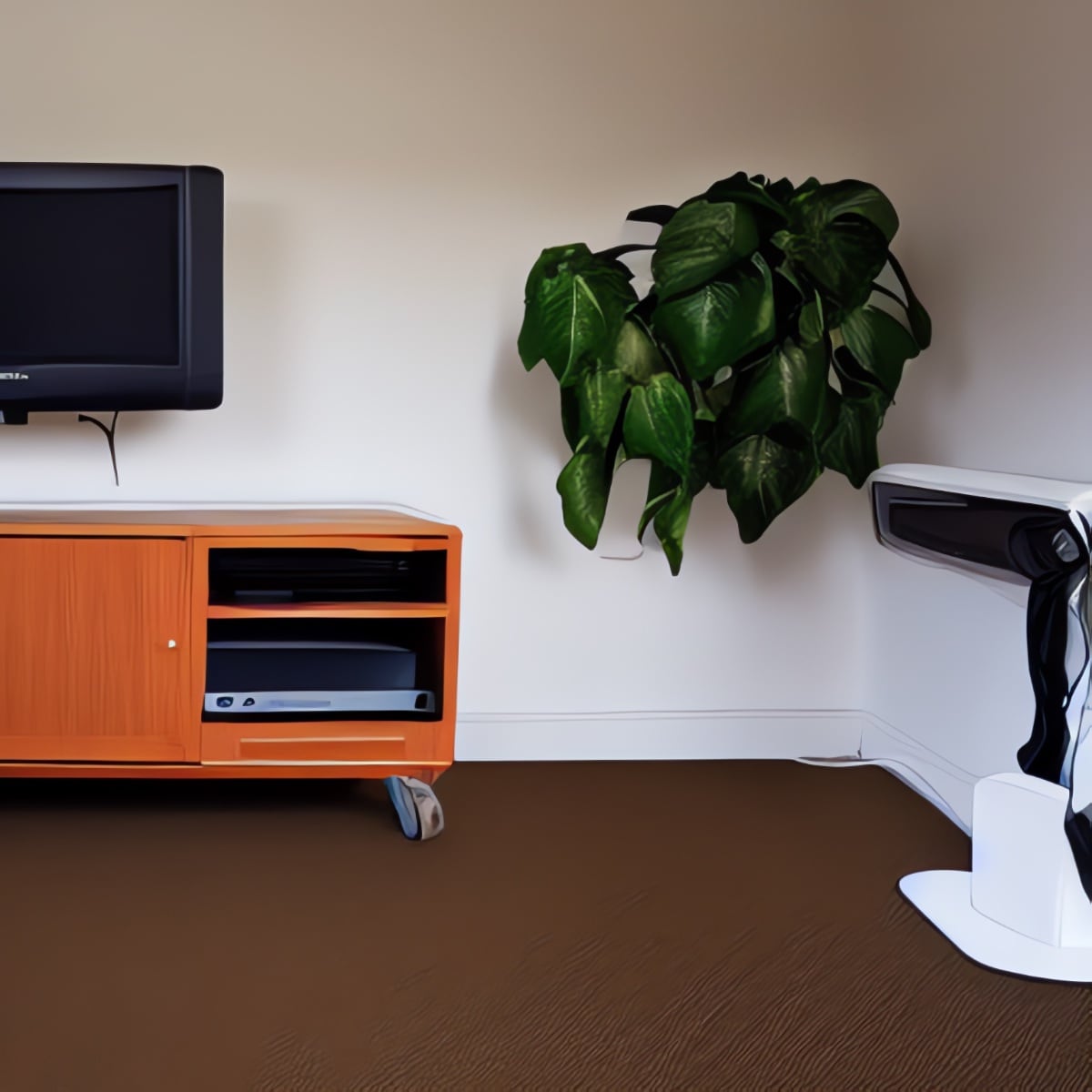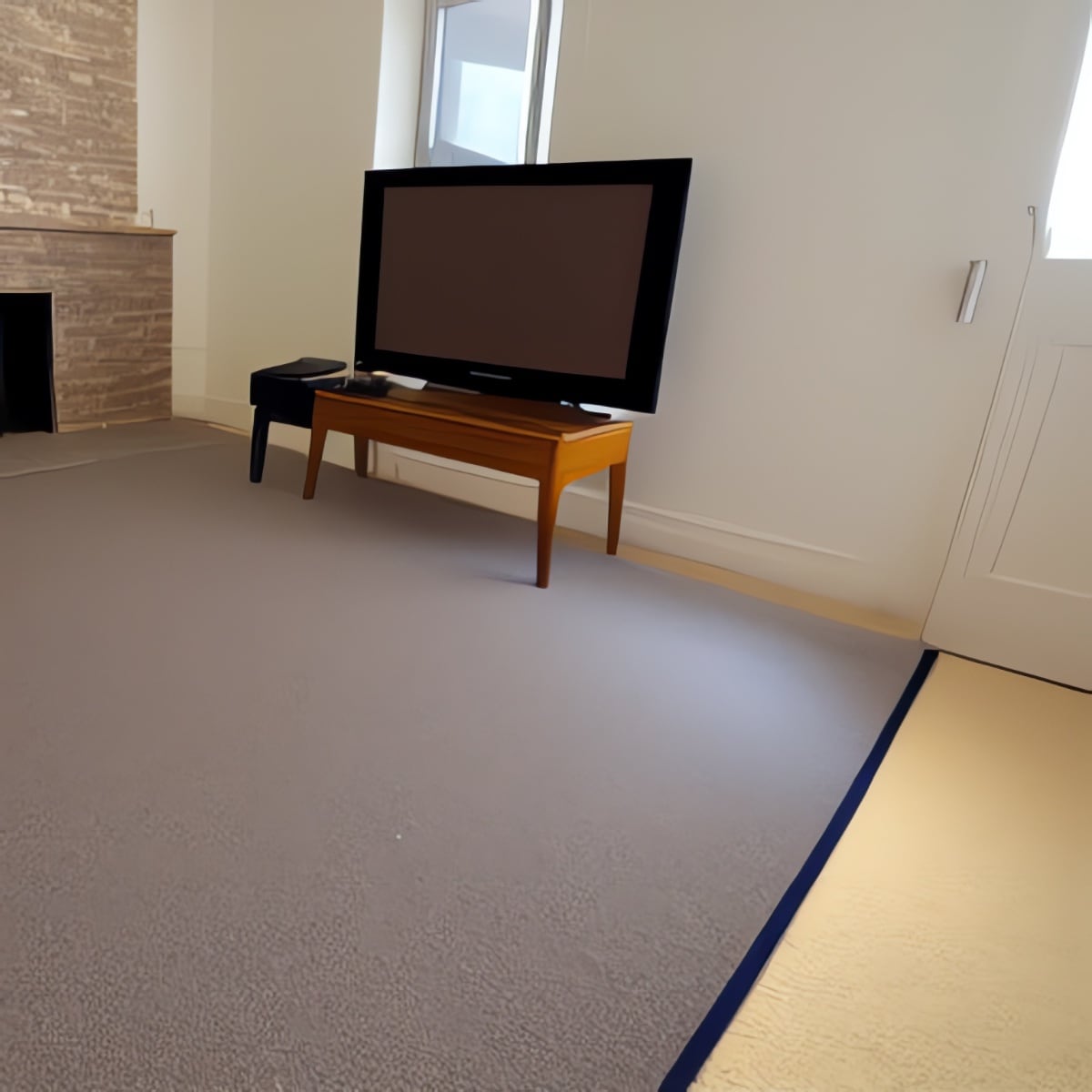Like I said, it [the group chat] is a sacred construct. A lifeline to your best friends, an outlet for the thoughts and questions and breadcrumbs of internet humor that you just can’t send to anyone else. A constant companion, antagonist, distraction, delight.
So of course, I decided to replace mine with AI.
adriau
Tape Cassette Inserts
flickr.comASCII art by chatbot
aiweirdness.comBig Tech’s big downgrade
businessinsider.comIn Silicon Valley, the user’s experience has become subordinate to the company’s stock price. Google, Amazon, Meta, and other tech companies have monetized confusion, constantly testing how much they can interfere with and manipulate users. And instead of trying to meaningfully innovate and improve the useful services they provide, these companies have instead chased short-term fads or attempted to totally overhaul their businesses in a desperate attempt to win the favor of Wall Street investors.
Floor796
floor796.com3dfx’s Unreleased Voodoo5 6000 Quad-GPU Card
youtube.comThis review looks at the unreleased 3dfx Voodoo 5 6000 video card — except it was hand-made by an enthusiast who specializes in retro hardware resurrections. It’s a quad-GPU monster that competed with the likes of NVIDIA back in the day. This piece looks at the history of 3dfx, spanning the late 90s to early 2000s, and tells the story of the company’s rapid, fiery rise and collapse.
Re-Sohko Transform Box
opensohko.comIllustrations of ‘Unseen’ Japanese Maintenance Trains that Only Work at Night
spoon-tamago.comThe Best Programming Language You Haven’t Heard Of (It Will Surprise You!)
tabloid-thesephist.vercel.appDISCOVER HOW TO fibonacci WITH a, b, n
RUMOR HAS IT
WHAT IF n SMALLER THAN 1
SHOCKING DEVELOPMENT b
LIES! RUMOR HAS IT
YOU WON'T WANT TO MISS b
SHOCKING DEVELOPMENT
fibonacci OF b, a PLUS b, n MINUS 1
END OF STORY
END OF STORY
EXPERTS CLAIM limit TO BE 10
YOU WON'T WANT TO MISS 'First 10 Fibonacci numbers'
EXPERTS CLAIM nothing TO BE fibonacci OF 0, 1, limit
PLEASE LIKE AND SUBSCRIBEMartin Kilmas
martin-klimas.deThe Julie Ruin – Ha Ha Ha
youtube.comthe html review
thehtml.reviewAnnual collection of html curiosities.
Slow learning
itcilo.orgMuch more in there, but the basics:
- Focus on direction, not destination
Immerse yourself completely in the journey and you will reach your final goal gradually.- Raise your hand
Asking questions is a fundamental human right.- Learn at your own pace
Find your rhythm, find your flow. Don’t compare yourself to others.- Unplug
You have the right to disconnect and move your attention towards what’s essential. Learn unplugged, far away from digital distractions.- Change your learning path (and mind)
Don’t get too comfortable in the habit zone and start with changing the aversion to change. Think differently and learn new things.- Take a break
Micro-breaks, lunch breaks, and longer breaks will all improve your learning performance. You have the right to rest.- Make mistakes
Don’t fall into despair but Fail Forward.- Leave it unfinished
We live in a super busy, multi-tasking, results-oriented society. Step away from your long to-do list and enjoy once in a while the beauty of an unstructured day.- Unlearn and forget
Harness the power of unlearning. Reboot your mind, abandon old knowledge, actions and behaviours to create space.- Slow down
Sometimes slow and steady will win the learning race. Make haste slowly.
The Best Debut Albums Ever, Ranked
uproxx.comThe Avalanches – Since I Left You is missing off this list… But that can almost be forgiven.
Physics of How A Bicycle Works
ciechanow.skiIn this article, I’ll focus on the delicate interplay between many of the forces that act on a bicycle and its parts when riding. We’ll witness how forces applied through tires make a bicycle accelerate, brake, and turn, and we’ll also investigate how the wheels and the frame handle those different forces without breaking.









